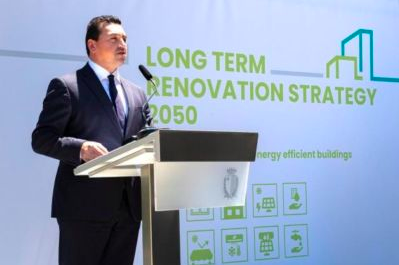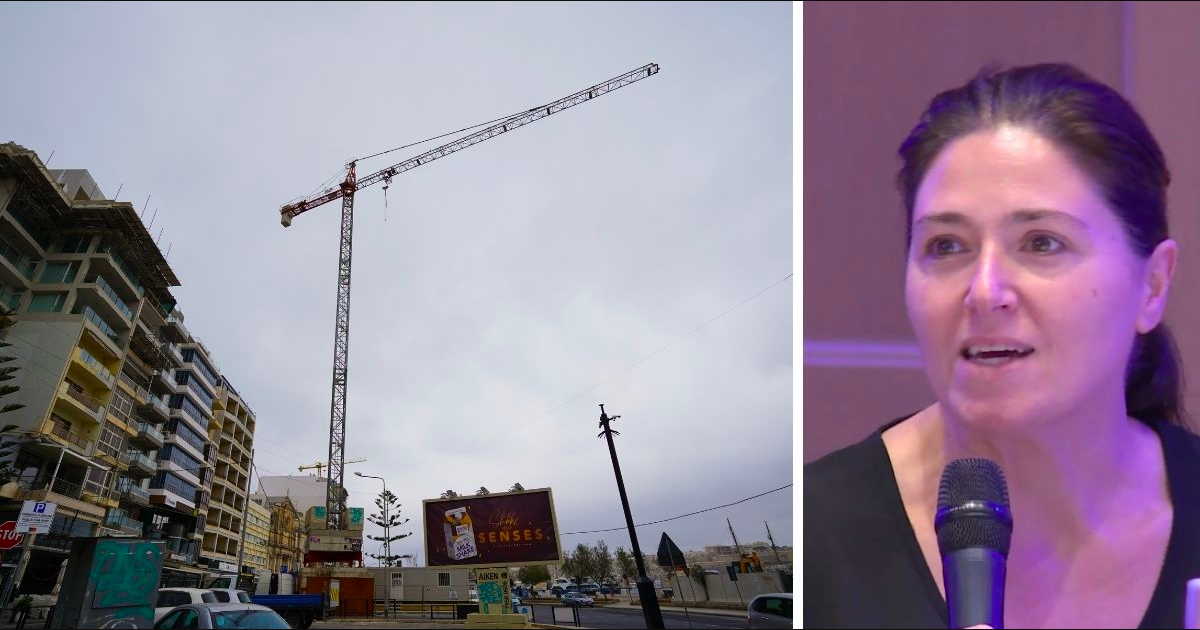A drive towards carbon-neutral buildings, along with new rules regulating the construction sector, will ultimately result in higher property prices for first-time buyers, the director-general of the Malta Developers Association has warned.
“I would like political parties to not only think about ensuring sustainable development, but to also think about ensuring that the lives of first-time buyers are sustainable too,” Deborah Schembri told a PL policy discussion conference last week.
Schembri, a former PL MP and Parliamentary Secretary for Lands, made it clear that the MDA is in favour of recent moves to “radically change” the construction industry – such as by introducing new building codes and stakeholder obligations and by setting up the Building and Construction Authority.
However, she said that while all of this is commendable, policymakers need to bear in mind that it will burden consumers with higher property prices.
“Making buildings practically carbon-neutral, increasing costs of construction items like concrete and iron as well as delivering costs and dumping, ensuring all machinery are certified as Euro Standard… this requires huge investment, which is reflected in the price.”
“We’re trying to make sure neighbours are inconvenienced during construction works, and this too increases the cost of new buildings and land.”
“When you factor all of this, as well as the fact that we are using more renewable energy resources, future buildings will be considerably more expensive.”
Combining these new building realities with the increasing popularity of renewable vehicles and daily utilities, Schembri therefore said future governments must strive to make “people’s lives, and not only development, more sustainable”.
“The balance between development and environment must be more sustainable for people starting off and who cannot afford this new price discrepancy,” she said. “How can we help these people out?”

In line with the European Green Deal, Malta aims to become carbon-neutral by 2050, which would require transforming its economy into one with net-zero greenhouse gas emissions.
Last May, Environment and Planning Minister Aaron Farrugia launched a long-term strategy that aims to reduce the consumption of carbon in residential buildings by 40% and in non-residential buildings by 36% by 2050.
“The government aims to invest millions in the next ten years in this strategy, both in the form of grants as well as to invest in public buildings to reduce carbon emissions from buildings and to move towards carbon neutrality,” he said.


Recent Comments